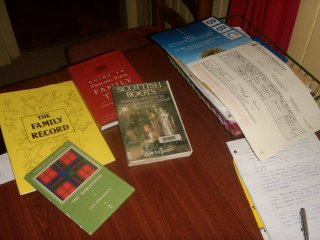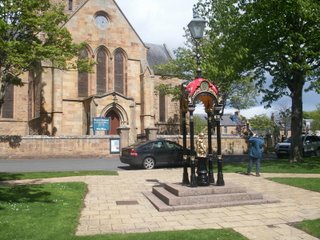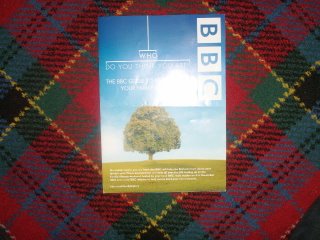


Photographs, Wills, Deeds and books owned by relatives can help in the research of the Family History. You might consider the inside cover of a book which could contain a clue to a missing piece of information. The annotation “This book presented for 25 years service with the British Railways” tells a lot! The title page and fly leaf of an 18th century family Bible could have a treasure of information, births, christenings, weddings and deaths of members of the family. Obsolete share certificates may pinpoint a previous address of a family member. Civil registrations never became compulsory until 1875, so one may have to go to Parish records for details prior to that year.
The next step is to build your family tree, but leave plenty of room for additions, every time you carry out research take your Family Tree with you. There are many styles to record information, be it paper or electronic but don't be in a hurry to have the “true, final version”. Record the details, then extract onto your Tree in due course.











